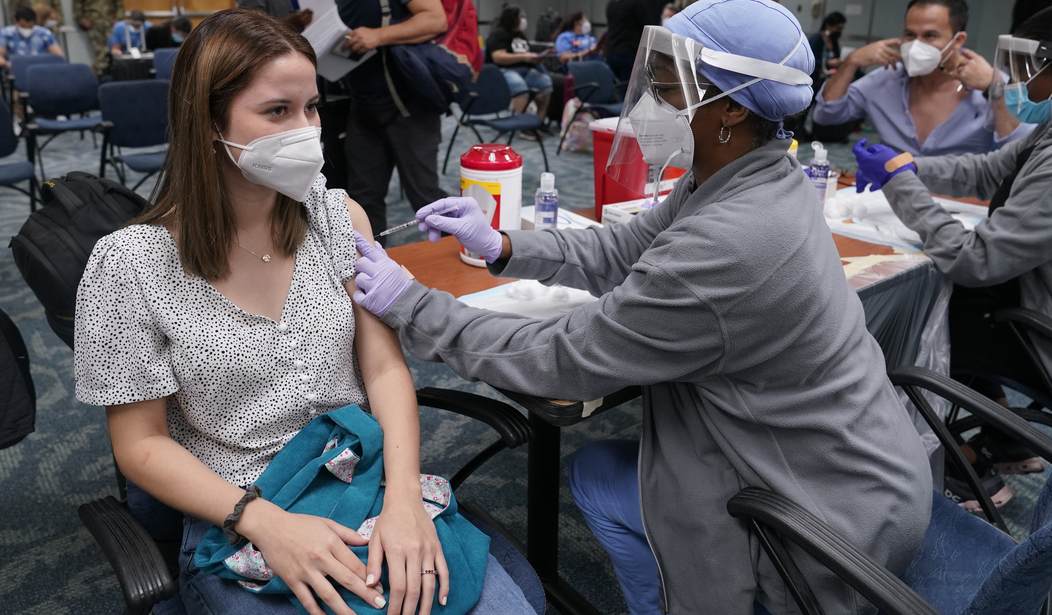Andy Slavitt, who served as President Joe Biden's advisor for the administration's COVID response, told CBS News on Monday he believes the country's response to the COVID-19 pandemic could have been better with regards to sacrificing for the greater good.
Slavitt said the United States did have trouble with producing enough testing kits and having enough personal protective equipment when COVID first reached the country.
"But if we’re honest, we also had two other types of mistakes that caused a lot of loss of life. One plainly political leadership mistakes. There was a lot — we denied the virus for too long under the Trump White House. There was too much squashing of dissent and playing on divisions," Slavitt said.
"But I also think we need to look at one another and ask ourselves what do we need to do better next time and in many respects, being able to sacrifice a little bit for one another to get through this and to save more lives is going to be essential. That’s something that I think we could all have done better on," he continued.
Slavitt was then asked how the public could sacrifice more with any surge in new coronavirus strains or a "difficult winter."
Recommended
"Then look, preventing the spread of the disease is really about a couple of simple things — not breathing near one another in large spaces. That’s really it. If you want to be overly simple about it. And that requires a certain amount of sacrifice and change," Slavitt said. "It’s a short period of time and we — none of us can do it forever, and it’s not pleasant. But when we do, we reduce the amount of spread pretty dramatically."
























